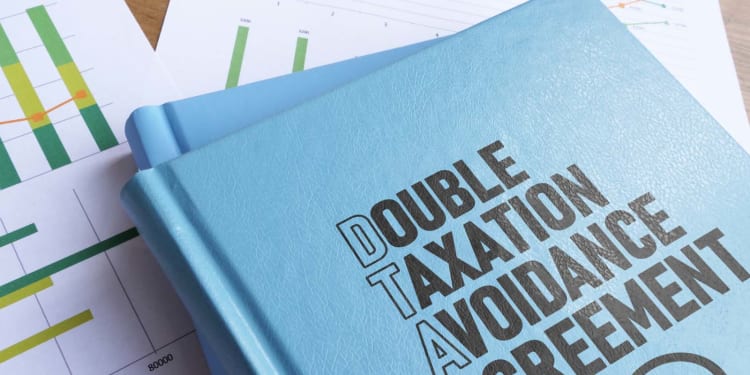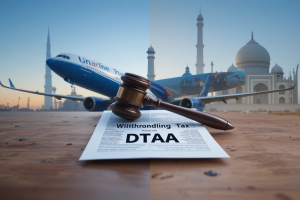Taxability of Guarantee Commission Received by Johnson Matthey Public Limited Company from Indian Subsidiaries: A Legal Analysis

Introduction
In the realm of international business transactions, taxation issues often arise, particularly when it comes to determining the taxability of income received from overseas subsidiaries. One such case of significance is the dispute regarding the taxability of guarantee commission received by Johnson Matthey Public Limited Company (hereinafter referred to as "the Company") from its Indian subsidiaries. This article delves into the legal intricacies surrounding this matter and the recent judicial interpretation thereof.
Background
The crux of the issue revolves around the tax treatment of guarantee charges received by the Company from its Indian subsidiaries under the India-UK Double Taxation Avoidance Agreement (DTAA). The Company initially characterized the guarantee charges as interest income, subject to taxation under Article 12 of the DTAA. However, during the assessment proceedings, the tax authorities took the stance that the guarantee charges should be classified as "other income" under Article 23(3) of the DTAA, thus subjecting it to taxation in India.
Legal Analysis
The primary contention before the court was twofold:
- Whether the guarantee charges received by the Company from its Indian subsidiaries can be categorized as "interest" under Article 12 of the DTAA.
- Whether the income derived from guarantee fees can be said to arise or accrue in India.
Upon careful consideration of the arguments presented, the court opined that the guarantee charges cannot be construed as "interest" under Article 12(5) of the DTAA. This conclusion stemmed from the fact that the guarantee charges were not received in connection with any debt owed to the Company by its Indian subsidiaries. Rather, they were remunerations for providing parent company guarantees and counter-indemnification services to lending entities extending credit facilities to the Indian subsidiaries.
Judicial Ruling
The court upheld the decision of the Income Tax Appellate Tribunal, affirming that the guarantee charges do not fall within the ambit of "interest" as defined in Article 12 of the DTAA. Consequently, the court ruled against the Company, holding that the guarantee charges are taxable under the category of "other income" as per Article 23(3) of the DTAA.
Conclusion
The judicial pronouncement in the case of Johnson Matthey Public Limited Company provides clarity on the tax treatment of guarantee charges received from Indian subsidiaries under the India-UK DTAA. While the court's decision sheds light on the characterization of guarantee charges, it leaves open the question of whether such income could constitute business income under Article 7 of the DTAA, to be addressed in future cases.
In conclusion, the case underscores the importance of carefully analyzing the nature of income in cross-border transactions to determine its taxability under relevant tax treaties and domestic laws.
Citation: ITA 727/2018, Delhi High Court










